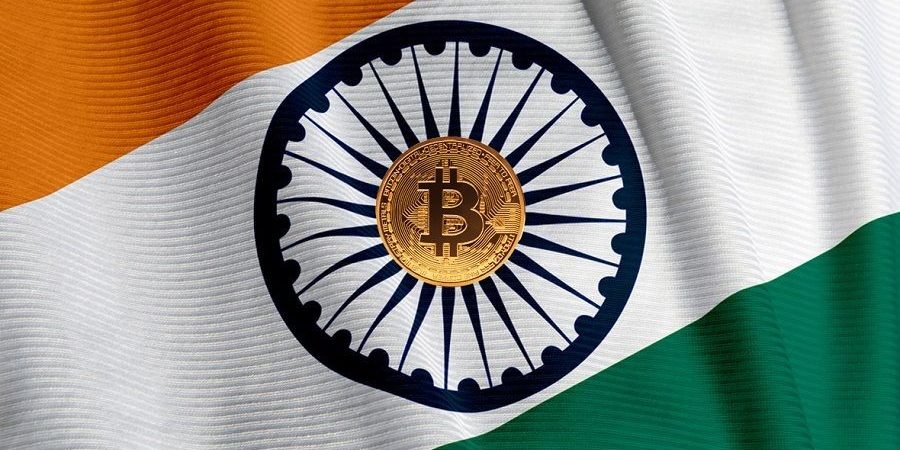The Reserve Bank of India (RBI) has launched a pilot program to test the wholesale digital rupee for secondary market settlement of securities.
According to RBI, nine banks will take part in the project: State Bank of India, Bank of Baroda, Union Bank of India, HDFC Bank, ICICI Bank, Kotak Mahindra Bank, YES Bank, IDFC First Bank and HSBC. The regulator expects that the use of the digital rupee will increase the efficiency of interbank settlements, reducing transaction costs and associated risks. The digital rupee will strengthen the Indian economy, increase the population’s access to financial services and will be considered legal tender on a par with the state currency. At the same time, the RBI digital currency does not have the task of replacing ordinary money, it will only become an additional payment method.
Earlier, the Indian central bank announced that it intends to launch two versions of the state stablecoin. The retail digital rupee can be used by the private sector and non-financial enterprises, while the wholesale one is for banks and financial institutions. Depending on the results of testing the wholesale digital rupee, RBI will explore its use for cross-border payments in more detail during further pilot projects. The regulator added that it plans to test the digital rupee for retail within a month, using a certain group of buyers and sellers for this.
Saraf & Partners Senior Associate Gangesh Varma commented on the central bank’s initiative. Varma expects that regulators still have a lot of work to do to create a payment infrastructure for the digital rupee and amend the country’s legislation accordingly. However, India is not far behind other countries in creating its own digital currency, so a carefully designed plan for its implementation is the best way, Varma said.
Note that the Central Bank of India is wary of crypto assets. Earlier, RBI management said that private cryptocurrencies make it difficult for central banks to solve macroeconomic problems.







